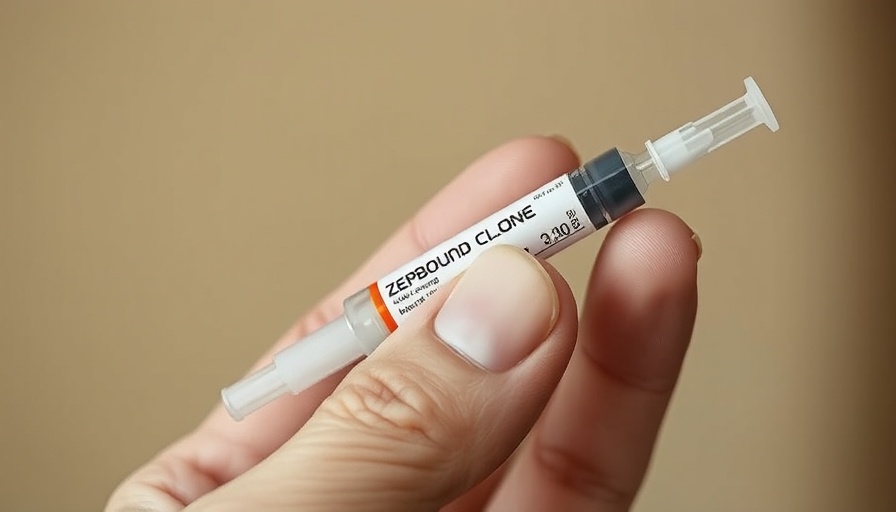
Unraveling the Profit Myth: Are Doctors Really Benefiting from Vaccines?
In a recent interview, Robert F. Kennedy Jr., the Secretary of Health and Human Services, made a bold claim that sparked significant controversy: he suggested that profits from vaccines provide "perverse incentives" for doctors to promote immunizations. However, a closer look at the financial reality of vaccine distribution within family practices reveals starkly different truths. Research consistently shows that many physicians, particularly in lower-margin practices, find vaccines to be financial burdens rather than profitable ventures.
The Fiscal Challenges of Offering Vaccines
Consider the experience of Dr. Stacey Bartell, a family medicine practitioner in a Detroit suburb. Dr. Bartell wanted to offer vaccinations for the benefit of her patients but faced prohibitive startup costs. Stocking vaccines required thousands of dollars in upfront investments for the inventory itself, alongside the costs of specialized refrigeration and potential staffing increases for inventory management. For practices already grappling with tight budgets, these financial barriers frequently outweigh the perceived benefits of offering vaccines.
In fact, it’s shown that nearly a quarter of family medicine providers and 12% of pediatricians have stopped purchasing vaccines altogether due to these costs. This raises a critical question: if doctors are losing money on vaccines, where does the narrative of profit come from?
The Disconnect with Public Perception
The claims made by Kennedy not only misrepresent doctors' financial realities but also contribute to a larger public distrust in healthcare professionals. When figures in health authority positions suggest that doctors are motivated by profit, it undermines the foundational trust ideally placed in these practitioners. This viewpoint is not merely damaging; it raises alarms on a societal level where vaccine hesitancy often thrives in environments of doubt and misinformation.
Current Events and the Health Landscape
As debates around vaccine efficacy continue to shape the current health landscape, understanding the motivations of healthcare providers is crucial. Recent studies indicate that vaccines save significantly more money than they cost in the long run by preventing diseases that can lead to costly hospital stays. Thus, despite individual practices facing economic challenges, the public health perspective still supports widespread immunization efforts as a whole.
Counterarguments: Understanding Diverse Perspectives
While many healthcare professionals find themselves losing money on vaccines, it's essential to recognize differing perspectives. Some critics might argue that there are systems in place incentivizing vaccinations in certain regions, notably through various public health programs. However, these incentives vary greatly and may not reflect the everyday experiences of all health practitioners, especially those in more resource-constrained settings.
A Call for Open Dialogue
The conversation around the financial aspects of vaccinations begs for more transparent discussions. It is crucial that both healthcare professionals and the public engage in open dialogues about the realities of vaccine financing. Addressing misconceptions, especially from influential figures like Kennedy, can help shift narratives around healthcare trust and vaccine uptake.
In conclusion, equity in healthcare cannot afford to be overshadowed by sensational claims. As patients rely on their providers for trustworthy information and guidance, ensuring accuracy and clarity in these discussions is paramount. This incident is a reminder of the ongoing need for fact-checking in medical claims.
If you are interested in a deeper dive into the financial dynamics of healthcare, consider seeking out more information or starting conversations with your healthcare professionals. Understanding the economic challenges in healthcare today may empower you as a patient in navigating your healthcare decisions.
 Add Row
Add Row  Add
Add 




 Add Row
Add Row  Add
Add 

Write A Comment